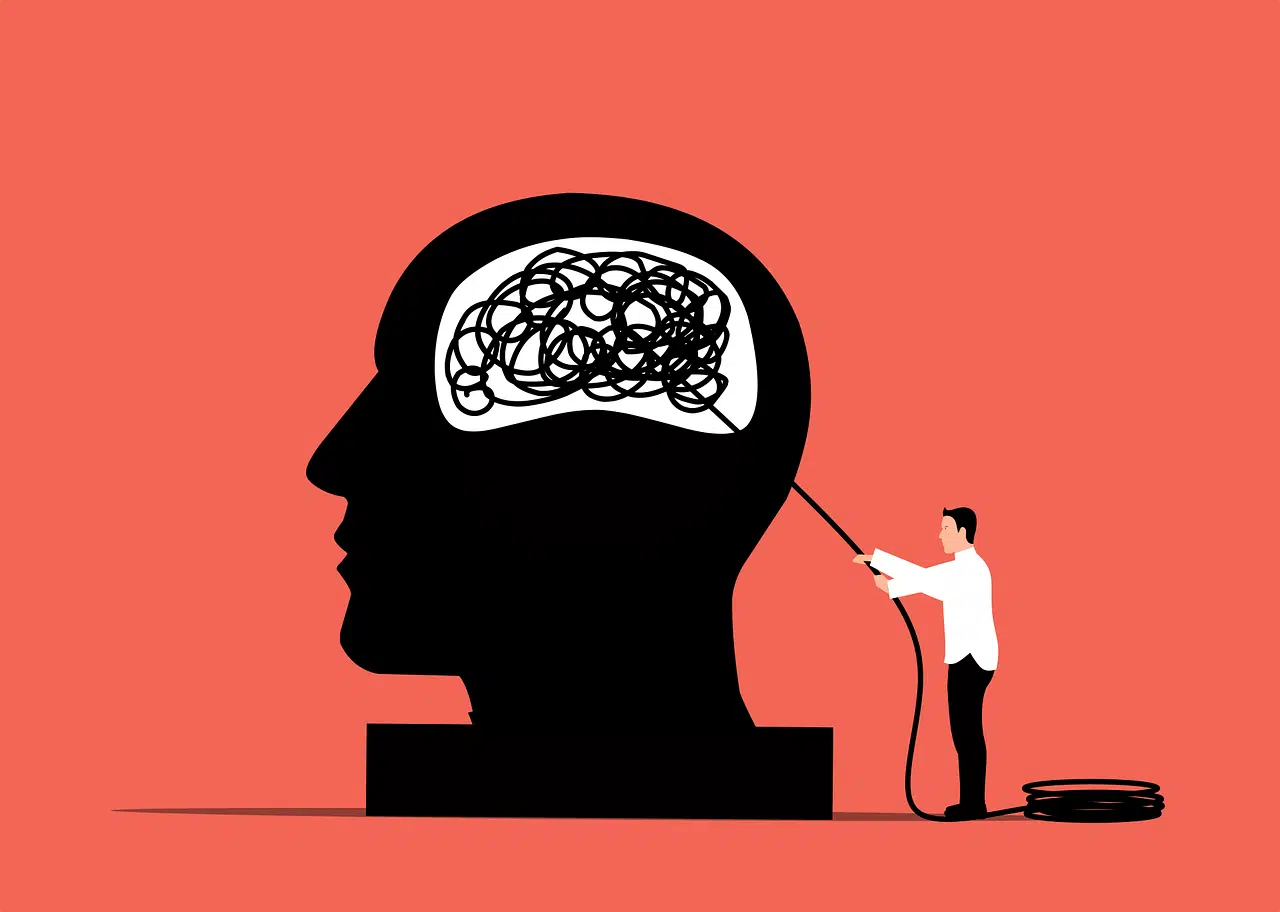
A defense mechanism is a resource that helps control those ideas capable of causing a psychological disorder.
Defense mechanisms are mental operations that lack reasoning and that allow us to minimize the effects of a situation that causes stress . This resource allows you to keep certain thoughts or impulses that can generate a psychological disorder under control. Thus, what the defense mechanism does is help the person's psyche maintain its normal functioning.
The human psyche is made up of various modes of behavior that are formed from genetics , unconscious instinct and developmental characteristics. Healthy subjects manage to maintain a balance between these three forces. When one of them prevails over the others (for example, instinct over genetics or factors that arise through development), defense mechanisms act to restore balance .
Specifically, defense mechanisms, which are also called coping strategies , are psychological processes that are not developed consciously but automatically, to protect an individual against a certain situation of stress or anxiety, which may be due to external threats (such as embarrassing situations) or internal threats (such as unacceptable memories or feelings). Through them, the individual manages to overcome anguish or frustration .
Main defense mechanisms
Psychonoalists recognize various defense mechanisms. Repression , through which the person keeps those impulses or thoughts that would be unacceptable to them, away from consciousness , is one of them. In this way , those feelings of anxiety or that cause pain are eliminated ; In any case, if a person represses too many impulses, the impressive expenditure of energy that must be used to keep them away will sooner or later result in some type of emotional imbalance. According to Freud this is the fundamental defense mechanism of every human being; He himself used both terms as synonyms (repression and defense).
Denial , meanwhile, is the mechanism through which a person refuses to accept a certain situation or feeling; for example those mothers who refuse to accept the death of their children in combat and continue living as if nothing had happened. In many ways, denial is similar to repression in that both keep aspects that the person cannot face from awareness.

Projection is a defense mechanism.
Projection and rationalization
Through projection , an individual attributes his feelings or impulses that he does not consider appropriate to another person in order to hide from himself what he does not wish to see about himself. For example, a person who feels hostility toward others claims that they are the ones who have this feeling against him to justify his distance.
Rationalization , on the other hand, is a mechanism by which a person reduces their anxiety through rational arguments and excuses , which help them accept a reality that is not acceptable in their eyes. An example could be that of a student who fails a class and accuses the teacher of having a thing for him.
Other defense mechanisms
Another mechanism is intellectualization , which is a way of distancing oneself from that which implies a threat, creating a cold and absolutely analytical and detached attitude . For example, a person who has felt strong rejection from his family and then leaves home and loses contact with them, assuming a posture of overcoming to prevent them from continuing to hurt him.
Regression is the mechanism through which an individual, due to not being able to face a specific threat , adheres to an attitude of regression (returns to the primary stages of psychosexual development ) due to having experienced a situation that he or she was not prepared to face in a manner healthy, or to a fixation that was not fully satisfied.
Another mechanism is the so-called displacement through which the person changes the objective of his impulse when the target that has been chosen is threatening to the subject; By modifying the course of your emotions, anxiety decreases. It usually happens when a person takes it out on another person with whom they have a close relationship because they cannot directly confront the person against whom they feel resentment or some violent feeling.
Sublimation is the mechanism by which a person transforms an impulse that may appear to be dangerous into something that satisfies them and makes them feel socially mature and acceptable. For example, someone who is attracted to an individual who is forbidden to him, sublimates that sexual energy through writing or another action that is satisfactory to him.
Like these, there are many other defense mechanisms , and according to each specialist the list can be more or less long.
Occurrence of negative reactions
Finally, it is necessary to clarify that in those cases in which the defense mechanisms are not enough to restore balance, the individual begins to experience reactions such as depression , stress and anxiety .
In such cases, the person should seek the help of a professional in order to relearn their own feelings and channel them in a way that does not harm them. Through therapy the person learns to understand their defense mechanisms and analyze which ones are really protecting them and which ones are being harmful to their emotional health.
